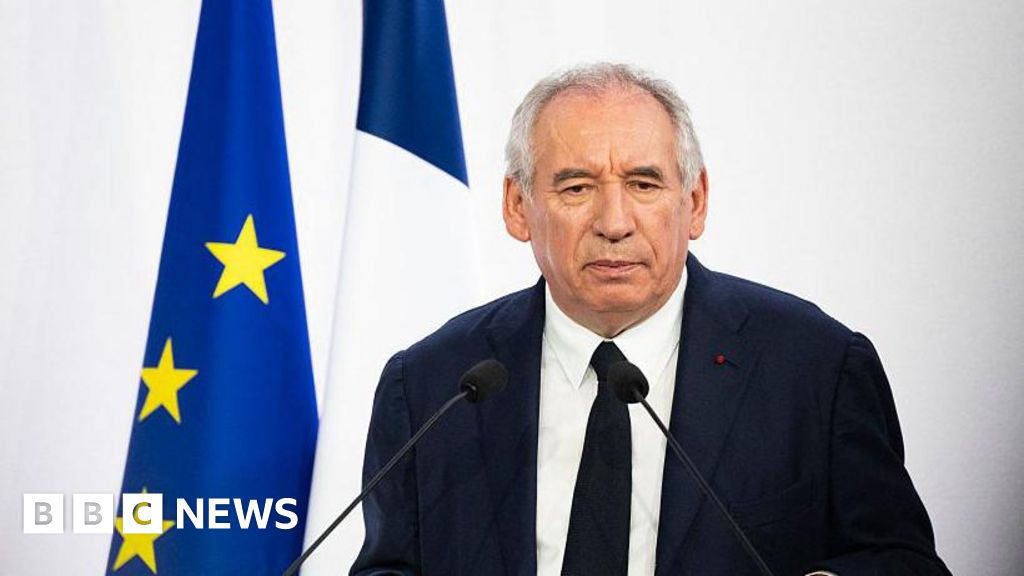French opposition parties have expressed their unwillingness to support Prime Minister François Bayrou after he announced a vote of confidence scheduled for September 8 regarding his proposed significant budget cuts.
Bayrou, who has been leading a minority government since December of last year, stated in his appeal that France is facing a ‘worrying and decisive moment’, asserting, ‘Yes, it's risky, but it’s even riskier not to do anything’ due to the nation’s rising budget deficit.
Opposition parties ranging across the political spectrum, from the right-wing National Rally to left-wing factions like the Socialists and Greens, are poised to vote against him.
The announcement of this vote comes just two days before mass protests are scheduled throughout France, mobilized under the slogan ‘block everything’.
The Bloquons tout movement, which originated on social media and has garnered union and left-wing support, arose after Bayrou's July proposal of nearly €44 billion in budget cuts.
The financial market reacted cautiously to Bayrou’s announcement, with France's CAC-40 index declining by 1.59% on Monday and another 2% on Tuesday morning.
Finance Minister Eric Lombard mentioned on Tuesday that, ‘collectively we need to identify a way to prepare a budget for recovery for 2026’ as last year’s budget deficit reached 5.8% of the nation's GDP.
Unless Bayrou manages to rally support, his political future seems precarious. The finance minister has indicated some willingness to negotiate, but he has remained firm on the budget cuts.
His proposed budget cuts include the elimination of two national holidays, possibly allowing room for negotiation that could sway some opposition votes.
Justice Minister Gérald Darmanin hailed Bayrou’s decision to call a confidence vote as ‘extremely courageous and very democratic’.
Should the government fall, President Macron will have to decide whether to maintain Bayrou in charge as a caretaker prime minister, appoint a new leader, or call for fresh elections.
This situation follows Bayrou’s recent discussions with President Macron at Fort Brégançon, ensuring the president is well-informed about the prime minister's intentions.
While Macron remains steadfast in his role, his decision to call early elections in 2024 has further complicated the dynamics of a minority government largely composed of centrists and right-leaning Republicans.




















